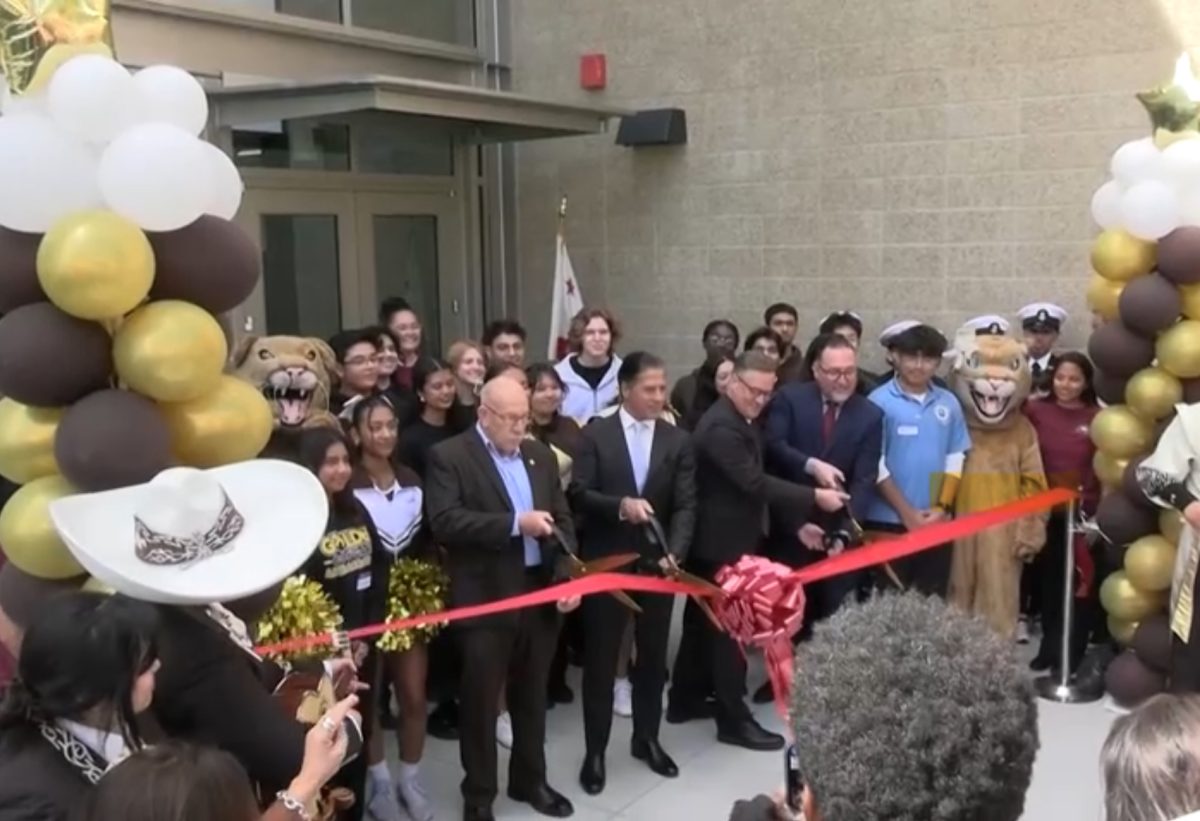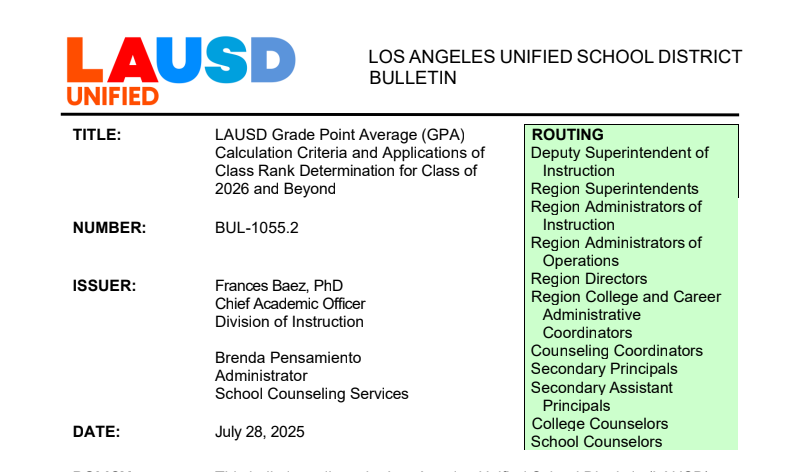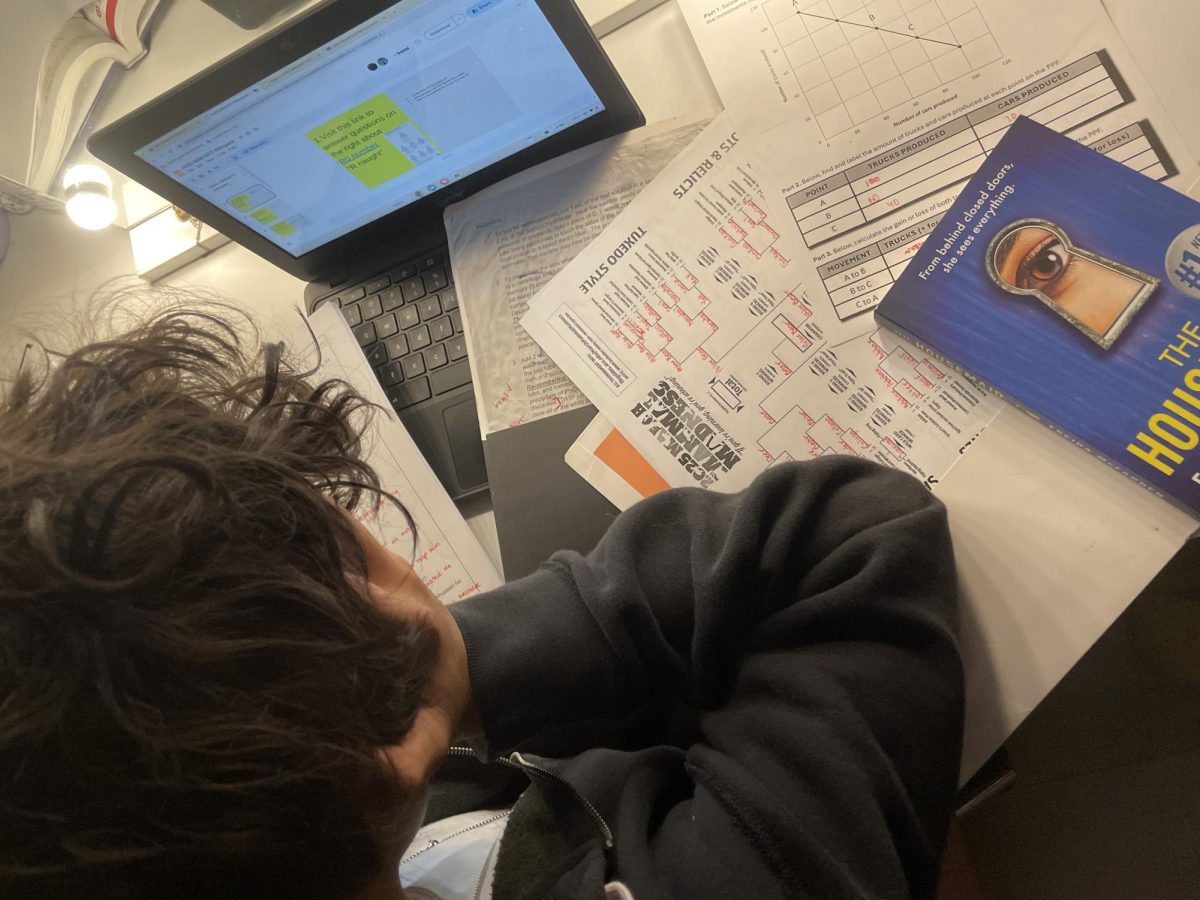Hitting a reset button on the New Year serves as a reminder for people to write and set their New Year’s resolutions. So how can people maintain their resolution or goal throughout the year?
Isabel Lopez, senior at Kennedy, explains her thoughts as to why people make resolutions. Stating that “I believe it allows people to have a fresh start, even though you can start a goal at any point in the year, there is a more refreshing feeling when it feels like a clean slate according to the calendar.” She also points out how starting a resolution at the beginning of the year makes it easier to forget past mistakes and regrets.
Lopez believes that the reason behind people tending to not uphold their resolution throughout the whole year is forgetfulness. “Forgetfulness is often partnered with false expectations, New Year’s resolutions tend to involve aspects that change one’s life and people tend to see these resolutions as additions to their lives rather than understanding that they have to fully incorporate them,” she explained.
It’s no wonder New Year’s resolutions can be tricky. It’s hard to stick to something that you haven’t experienced yet, so it’s no surprise that many people give up when they realize that pursuing something unfamiliar is uncomfortable.
Although it’s good to make resolutions, it’s hard to think of ideas to include into everyday life. Lopez breaks down some doable resolutions to help guide. “I think an easy resolution is to use the 10 minute rule, this means doing an annoying task and immediately putting in ten minutes or having a good amount of progress to pick up later on,” she pointed out.
This not only will make you feel focused but also productive, even if it’s just for 10 minutes and isn’t a rigorous task. She also mentions the practice of mindfulness, “whether it be through nature walks, stretches, writing, and etc. Finding methods to calm ourselves is valuable in a world of stressors.”
In regards to how people can maintain these resolutions Lopez determines that resolutions can be maintained by setting up smaller goals before large ones. She states that “Being able to see a clear-cut path is an important way to avoid lost motivation.”
The psychology behind setting goals is very vast and interesting. According to Southern New Hampshire University, “88% of people who set New Year’s resolutions fail before the end of January.”
Taylor Bub, teacher at Kennedy, explains part of the psychological reasons for resolutions. “In terms of psychology, goal setting causes the release of dopamine, which is a “feel good” chemical. We also get more chemicals released when a goal is reached,” Bub explained.
Bub also shares her belief as to why people prefer to start resolutions at the beginning of the year, “I think a lot of people see the start of a new calendar year as an opportunity to make changes for the better.”
She points out how most people have something they want to improve on and starting at the beginning of the year allows them to track progress more easily.
Her best advice in regards to maintaining a resolution throughout the year is to break it up into smaller goals. “If a person says I never want to eat fast food again then they will not automatically meet their goal or give up, however, if the goal is smaller like I want to only have fast food twice a week, then it’s more manageable and people are more likely to achieve it,” she stated.
Bub concludes that the key is to also be consistent. She explains how it takes 21 days for a new habit to stick and if you are consistent for those 21 weeks then it starts to become more natural and automatic. By knowing how to achieve goals there must be plans and visualization to appear much more achievable.
























